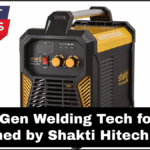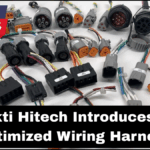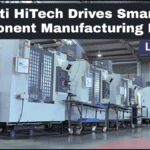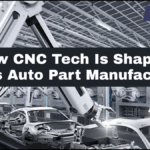Shakti Hitech, a recognized leader in precision engineering and industrial solutions, has officially entered the EV charging parts manufacturing sector. This strategic expansion aligns with the rapid evolution of the electric vehicle ecosystem in India and globally, reflecting the company’s commitment to innovation and sustainability.
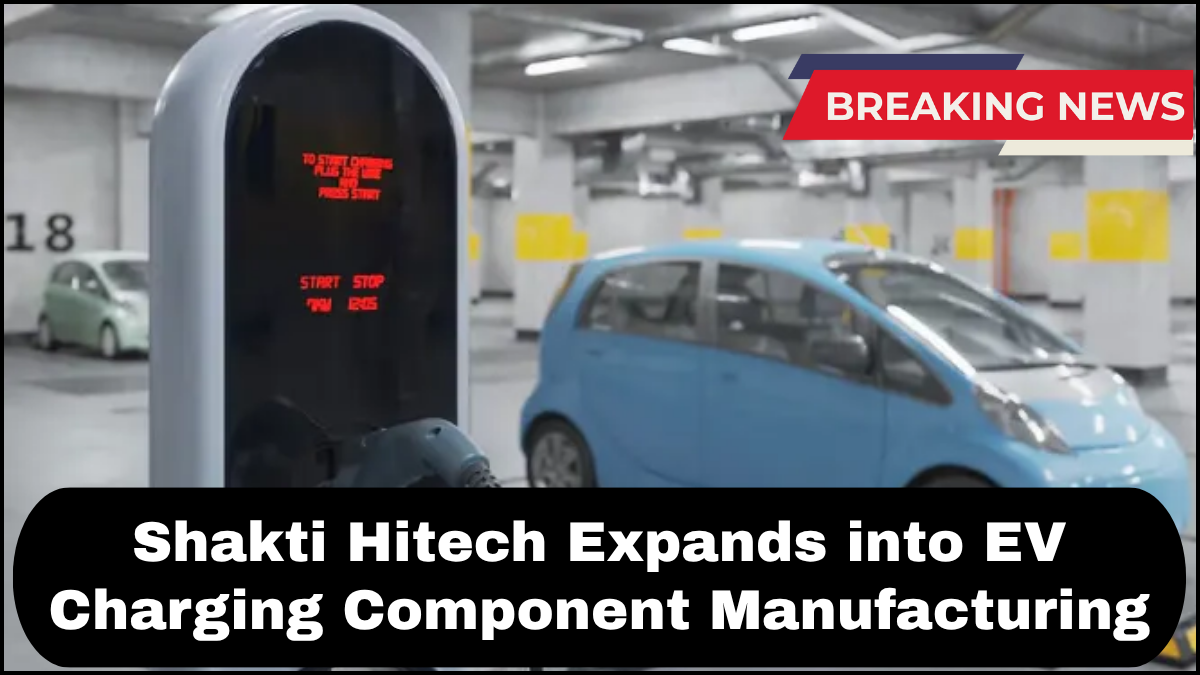
Driving Innovation in the EV Sector
The transition from traditional fuel-powered vehicles to electric mobility has triggered a significant shift in automotive infrastructure. Shakti Hitech’s entry into EV charging component manufacturing positions the company at the forefront of this transformation. By leveraging its engineering expertise, Shakti Hitech aims to produce high-quality, reliable, and scalable electrical components essential for EV charging stations.
These include critical parts such as:
- Power modules
- Charging connectors
- Control systems
- Thermal management solutions
- Safety and circuit protection devices
Each of these components plays a vital role in ensuring efficient and safe energy transfer between charging stations and electric vehicles.
Why EV Charging Parts Manufacturing Matters
As EV adoption accelerates, the demand for robust charging infrastructure has become urgent. Reliable EV charging components are not just a matter of convenience; they are crucial for public safety, energy efficiency, and long-term infrastructure reliability. Shakti Hitech’s decision to enter this space reflects both market foresight and a technical commitment to elevate the quality standards in the sector.
Moreover, India has set aggressive EV adoption targets, with the government pushing for 30% electrification of the automobile fleet by 2030. This policy push, combined with increasing private investment, creates fertile ground for companies specializing in EV charging parts manufacturing.
Technical Capabilities and Infrastructure
Shakti Hitech has already begun upgrading its production infrastructure to meet the specific demands of electrical components used in EV systems. This includes:
- Cleanroom assembly lines
- High-precision CNC machining centers
- Advanced testing and validation labs
- Automated PCB assembly units
The company is also investing in R&D to design components that meet international standards such as IEC 62196 and GB/T, ensuring compatibility and safety across various vehicle platforms and charging systems.
Partnerships and Future Outlook
To accelerate its learning curve and market penetration, Shakti Hitech is exploring partnerships with EV manufacturers, charging station developers, and energy utility firms. These collaborations will allow for better integration of its products into real-world applications and drive continuous improvement through field data and feedback.
The company is also considering forays into energy storage systems, battery management units, and vehicle-to-grid (V2G) interface technologies—all of which are natural extensions of EV infrastructure and rely heavily on precision electrical components.
Economic and Environmental Impact
This move is expected to create new job opportunities in high-tech manufacturing and strengthen India’s domestic supply chain for EV infrastructure. By reducing dependence on imported components, Shakti Hitech contributes to the “Make in India” initiative while promoting cleaner transportation solutions.
The company also plans to adopt environmentally responsible manufacturing practices, including:
- Solar-powered production lines
- Efficient material usage
- Waste heat recovery systems
FAQs
Q1: What makes EV charging parts different from regular electrical components?
EV charging parts are designed to handle high voltages and frequent usage cycles, demanding greater durability, thermal stability, and compliance with global safety standards.
Q2: How does Shakti Hitech ensure the quality of its EV components?
Through rigorous testing, ISO-certified manufacturing processes, and adherence to global standards such as IEC and SAE, Shakti Hitech ensures its components meet the highest quality benchmarks.
Q3: Will Shakti Hitech offer components to global markets?
Yes, the company plans to supply both domestic and international markets, aiming to become a key exporter of EV charging components.
Q4: Are these components compatible with all types of EVs?
Shakti Hitech is developing universal and modular components to ensure wide compatibility across various EV platforms and charging protocols.
Q5: When will these EV components be commercially available?
Initial product lines are expected to hit the market within the next 12-18 months, with pilot testing already underway with selected partners.
click here to learn more
